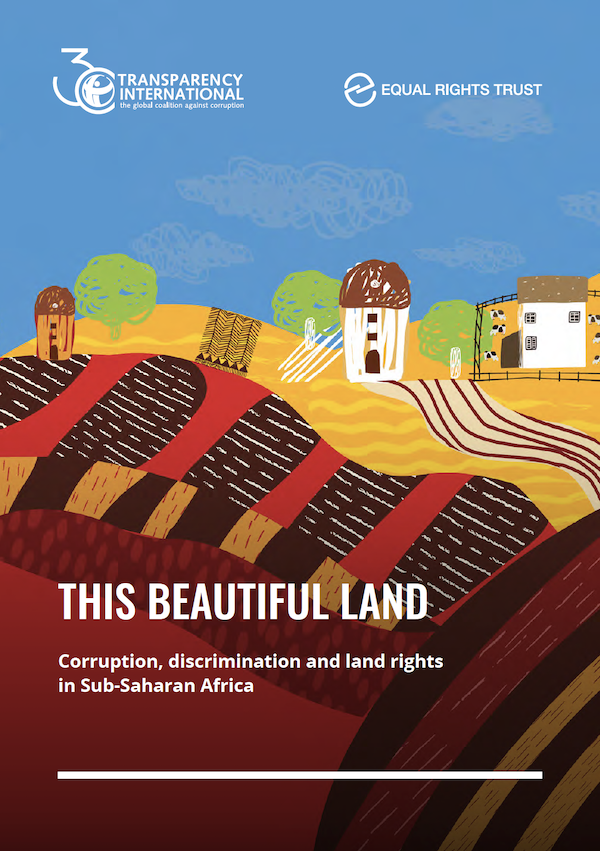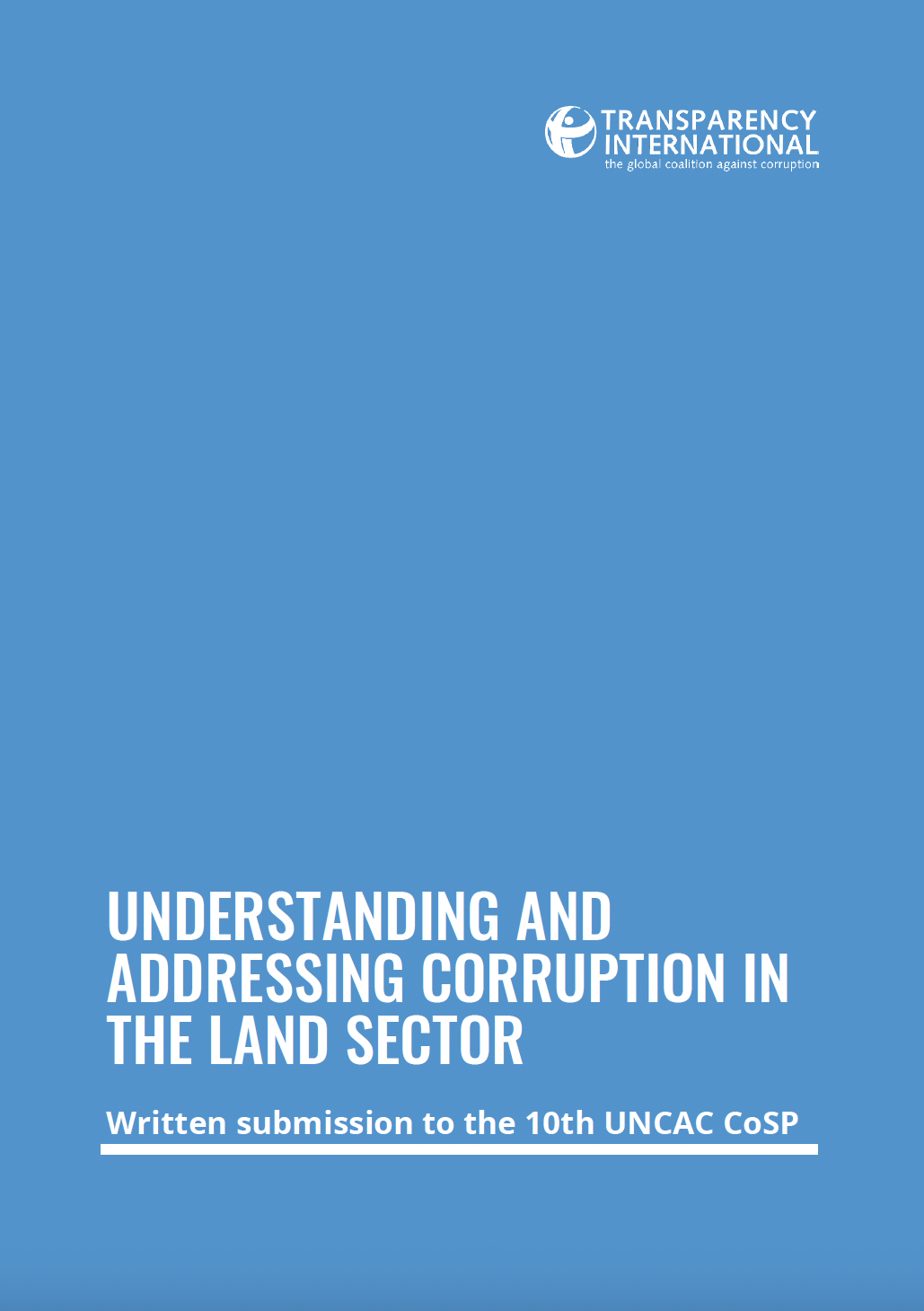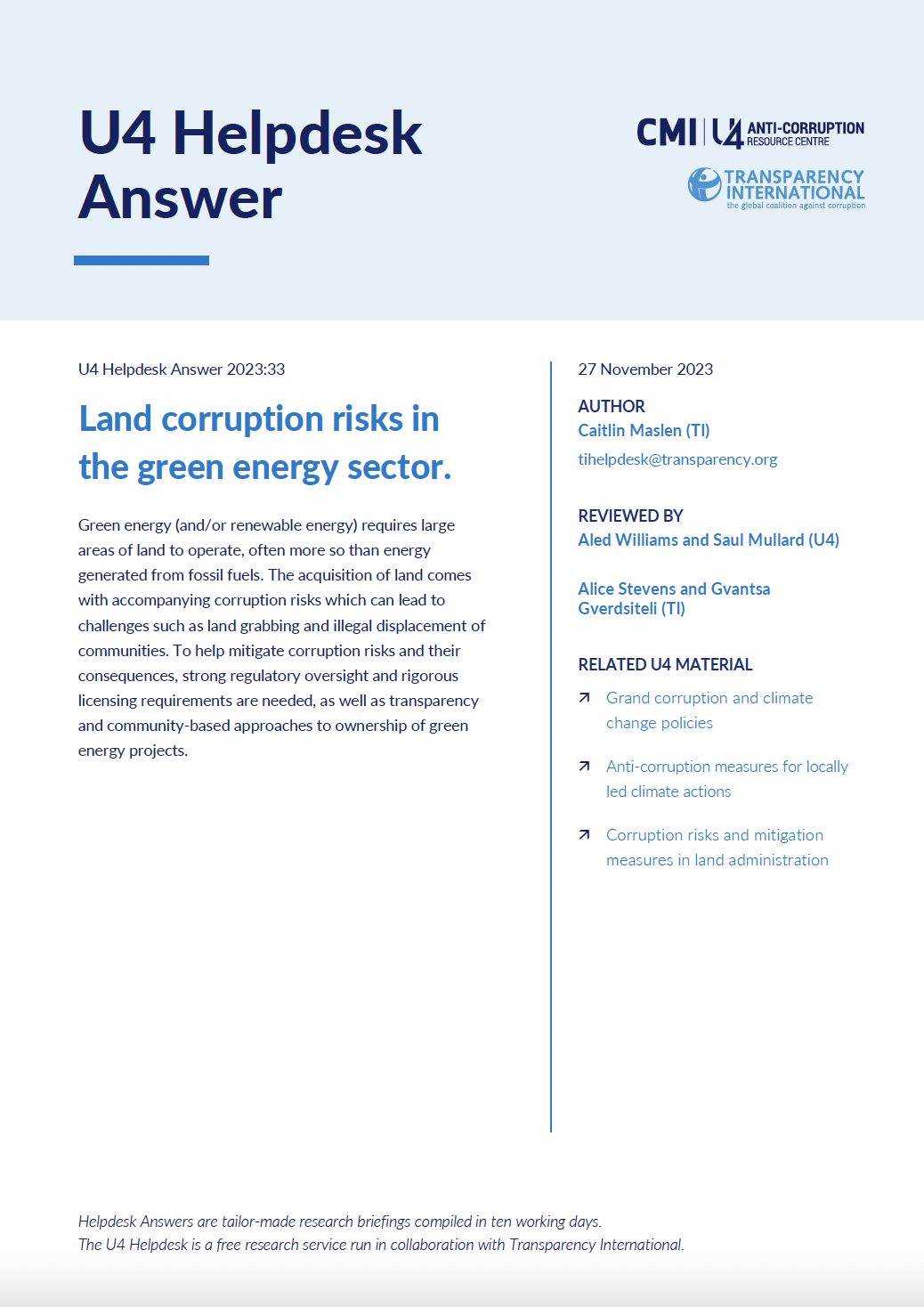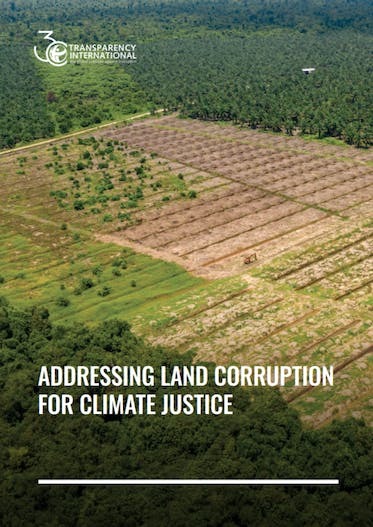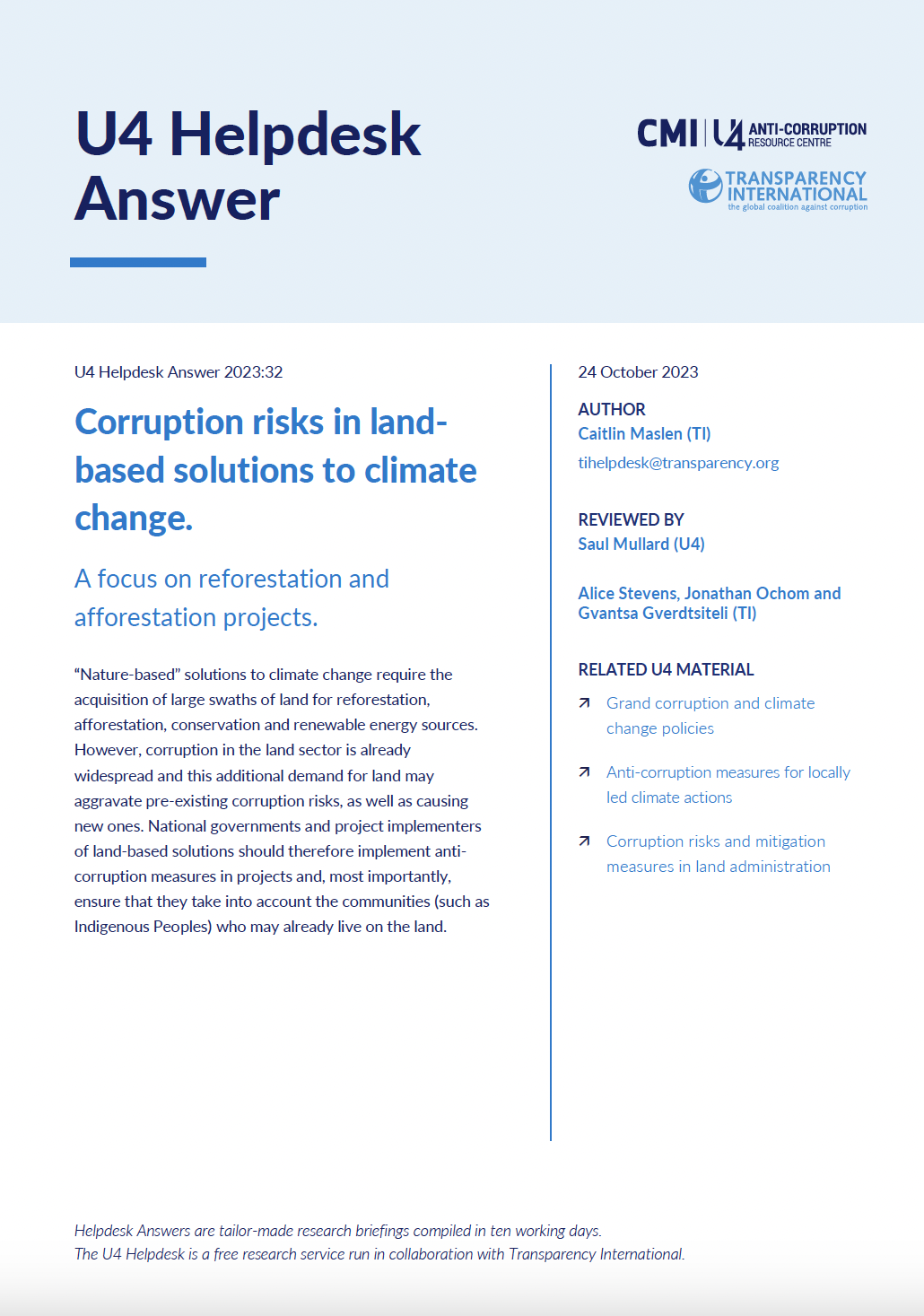Location
About
One global movement sharing one vision: a world in which government, business, civil society and the daily lives of people are free of corruption.
In 1993, a few individuals decided to take a stance against corruption and created Transparency International. Now present in more than 100 countries, the movement works relentlessly to stir the world’s collective conscience and bring about change. Much remains to be done to stop corruption, but much has also been achieved, including:
- the creation of international anti-corruption conventions
- the prosecution of corrupt leaders and seizures of their illicitly gained riches
- national elections won and lost on tackling corruption
- companies held accountable for their behaviour both at home and abroad
Mission
Our Mission is to stop corruption and promote transparency, accountability and integrity at all levels and across all sectors of society.
Vision
Our Vision is a world in which government, politics, business, civil society and the daily lives of people are free of corruption.
Values
- Transparency
- Accountability
- Integrity
- Solidarity
- Courage
- Justice
- Democracy
Programmes
For specific information about TI's work on land corruption, see here.
Resources
Displaying 1 - 5 of 46This Beautiful Land
In 2021, Transparency International and the Equal Rights Trust published Defying Exclusion: Stories and Insights on the Links between Discrimination and Corruption. Bringing together a diverse group of case studies from across the globe, it documented and illustrated the mutually reinforcing links – the vicious cycle – between discrimination and corruption. Defying Exclusion marked the first attempt to systematically explore the phenomena we termed “discriminatory corruption”.
Understanding and Addressing Corruption in the Land Sector
Land corruption – corrupt practices in the land sector – threatens the lives and livelihoods of people and communities, the environment and climate, food security and political stability. Its impacts are particularly acute for 2.5 billion people who live on and from the land. Addressing it requires a dedicated focus and assessment of land related institutions across different national contexts.
Land corruption risks in the green energy sector
Green energy (and/or renewable energy) requires large areas of land to operate, often more so than energy generated from fossil fuels. The acquisition of land comes with accompanying corruption risks which can lead to challenges such as land grabbing and illegal displacement of communities. To help mitigate corruption risks and their consequences, strong regulatory oversight and rigorous licensing requirements are needed, as well as transparency and community-based approaches to ownership of green energy projects.
Addressing land corruption for climate justice
Land corruption seriously threatens efforts to fight climate change and achieve a fair energy transition. By undermining climate programmes, projects and practices, it fuels increased carbon emissions and negative climate outcomes. It weakens tenure security and contributes to human rights violations. By channelling funds and resources towards elites, and supporting harmful or poorly managed projects, land corruption also erodes the legitimacy and credibility of the climate agenda, reducing popular support for vital action.
Corruption risks in land-based solutions to climate change
“Nature-based” solutions to climate change require the acquisition of large swaths of land for reforestation, afforestation, conservation and renewable energy sources. However, corruption in the land sector is already widespread and this additional demand for land may aggravate pre-existing corruption risks, as well as causing new ones.



